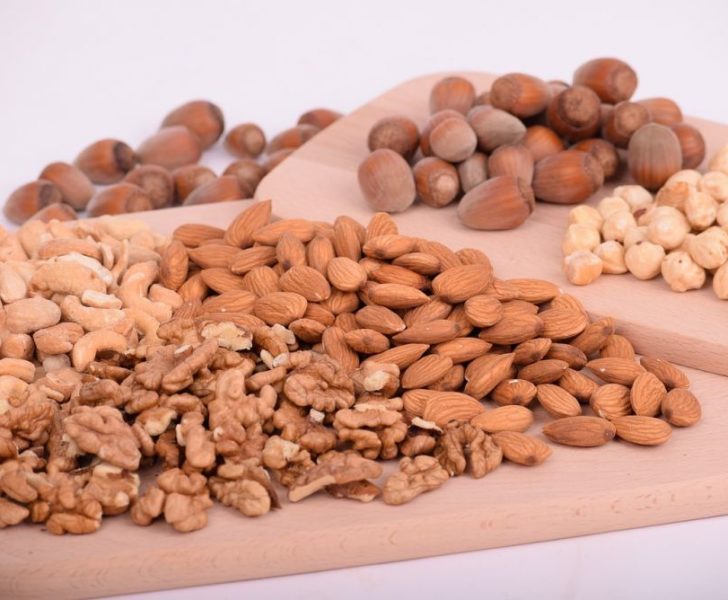IBS Diet: A Comprehensive Guide to Managing Irritable Bowel Syndrome

Introduction:
Irritable Bowel Syndrome (IBS) is a common chronic disorder that affects the digestive system, causing symptoms like abdominal pain, bloating, diarrhea, and constipation. While there is no cure for IBS, the symptoms can be managed through dietary changes. In this article, we will provide a thorough overview of the IBS diet, its various types, popular approaches, and delve into the quantitative measurements associated with it. We will also discuss the differences between different types of IBS diets and their historical pros and cons.
What is the IBS Diet and Various Types

The IBS diet is a way of eating that aims to reduce symptoms and improve the quality of life for those suffering from IBS. There are several types of IBS diets, each with its own set of guidelines and recommendations. Some popular types include:
1. Low FODMAP Diet: This diet involves avoiding certain carbohydrates that are known to cause bloating and gas in individuals with IBS. Common high FODMAP foods to be avoided are onions, garlic, wheat, rye, legumes, and certain fruits.
2. Gluten-Free Diet: Some individuals with IBS may have a sensitivity to gluten, a protein found in wheat, barley, and rye. A gluten-free diet involves eliminating all sources of gluten from the diet to alleviate symptoms.
3. Specific Carbohydrate Diet (SCD):
The SCD focuses on eliminating complex carbohydrates that are difficult to digest. It emphasizes easily digestible foods like lean meats, fruits, vegetables, and yogurt.
Quantitative Measurements of the IBS Diet
Quantitative measurements play a crucial role in understanding the effectiveness of the IBS diet. Researchers have conducted studies to evaluate the impact of these diets on symptom severity and quality of life for IBS sufferers. For example:
1. Reduction in symptom severity: Several studies have shown a significant reduction in IBS symptoms, including abdominal pain and bloating, after following the low FODMAP diet for a certain period.
2. Improvement in quality of life: Research has indicated that adherence to the IBS diet can lead to improved quality of life, as it helps manage symptoms and reduce the impact of IBS on daily activities.
Differences Between Various IBS Diets
While all IBS diets aim to alleviate symptoms, there are notable differences between them. These differences include:
1. Food restrictions: Each diet has its own specific set of foods to avoid or limit. For instance, the low FODMAP diet mainly targets fermentable carbohydrates, while the gluten-free diet eliminates gluten-containing grains.
2. Duration and flexibility: Some IBS diets, like the low FODMAP diet, are typically followed for a specific period, after which certain foods are gradually reintroduced. Others, like the gluten-free diet, may need to be followed more strictly and for a longer duration.
3. Individual tolerances: Due to the varied nature of IBS, individuals may have different trigger foods and sensitivities. Therefore, what works for one person may not work for another, making it crucial to find the right dietary approach through trial and error.
Historical Pros and Cons of Different IBS Diets
Over the years, IBS diets have evolved, with new research and understanding guiding their development. Here are some historical pros and cons associated with different IBS diets:
1. Low FODMAP diet:
– Pros: Effective in reducing symptoms, supported by scientific evidence.
– Cons: Restrictive, potential nutrient deficiencies if followed for long periods.
2. Gluten-free diet:
– Pros: Beneficial for individuals with gluten sensitivity or coeliac disease.
– Cons: Limited evidence for its effectiveness in all IBS cases, potential nutrient deficiencies.
3. Specific Carbohydrate Diet (SCD):
– Pros: Helps reduce symptoms by eliminating complex carbohydrates.
– Cons: Limited research and evidence to support its effectiveness.
In conclusion, the IBS diet is an essential tool for managing symptoms and improving the quality of life for IBS sufferers. Understanding the different types of IBS diets, their quantitative measurements, differences, and historical pros and cons can help individuals make informed decisions when it comes to managing their IBS through dietary changes.











